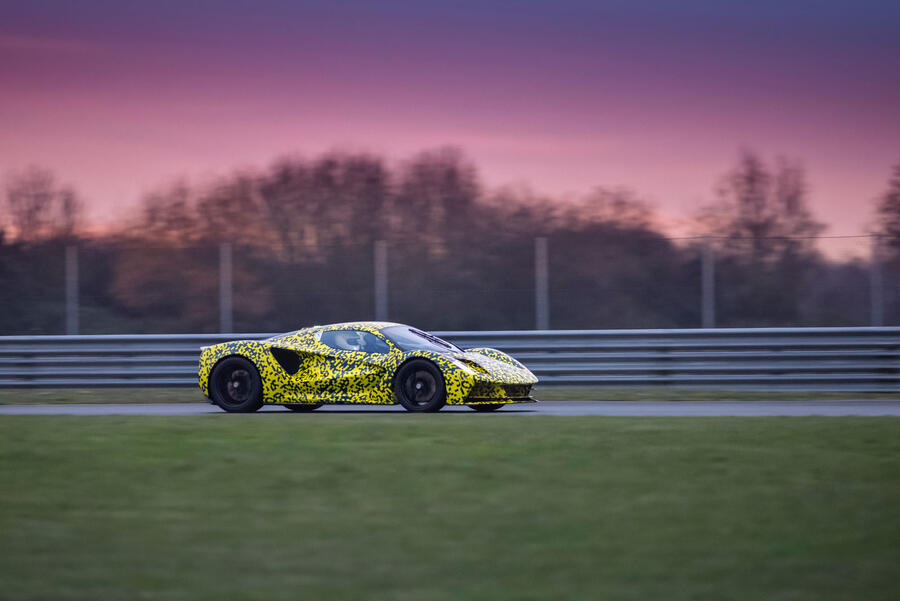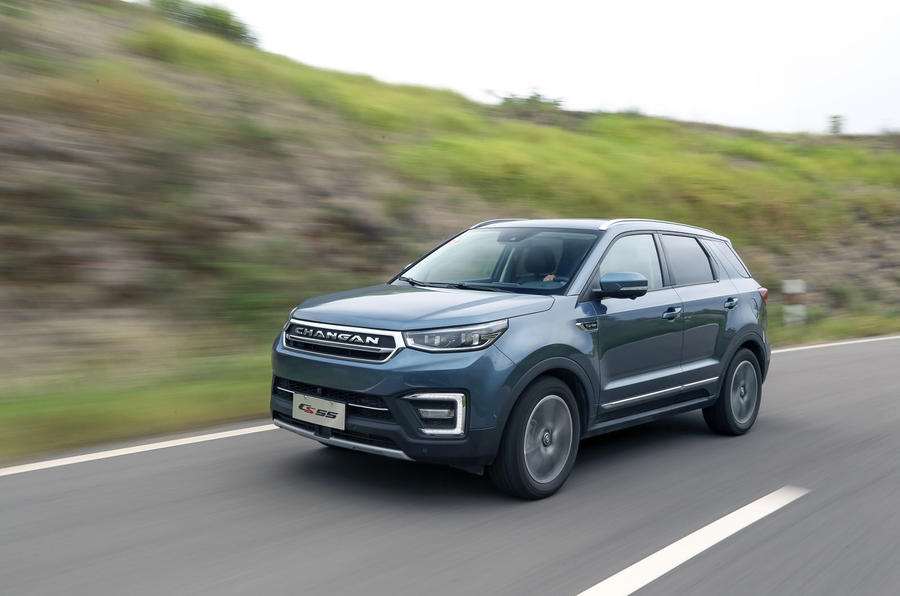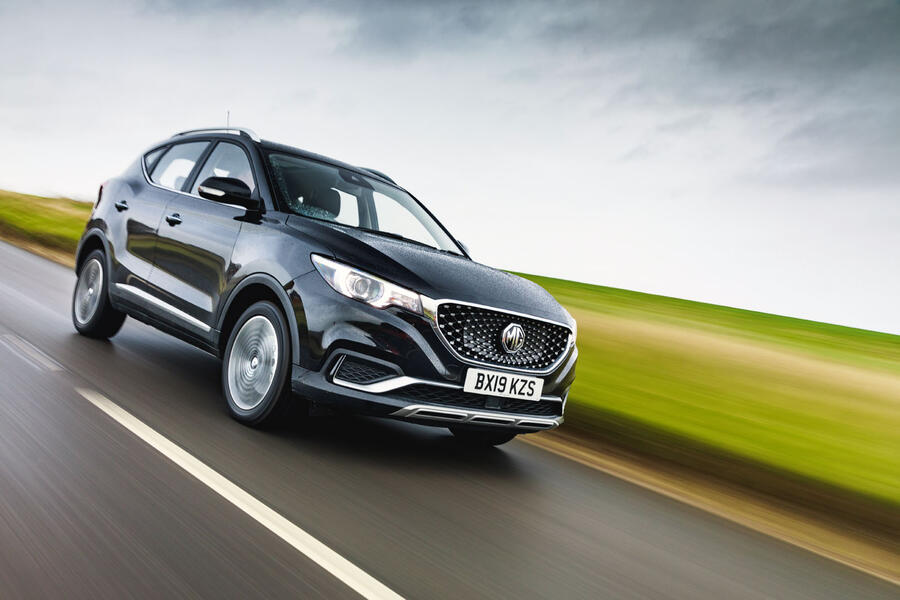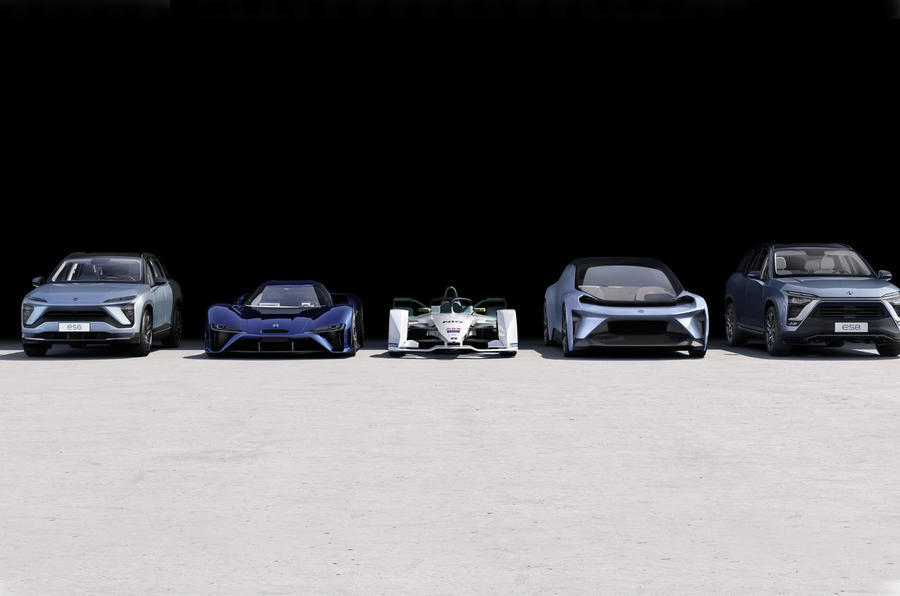Political tension between China and the UK has started to affect industrial investment in the UK – the Huawei 5G furore, nuclear power projects and the HS2 railway line being some of the higher-profile examples.
But how will this tension affect China’s car industry investments in the UK, led by Geely, SAIC and Nio? At stake are thousands of jobs and billions of pounds of investment in UK facilities.
“It’s definitely a concern,” said Professor David Bailey of Birmingham Business School. “Government has a new relationship with China and the big question mark is, even if these investments are private Chinese companies, they operate in a country where the state is much more active in day-to-day operations.”
The biggest Chinese investor in the UK is Geely, an industry newcomer that started selling cars in 1997 yet expanded rapidly by buying ‘distressed’ overseas companies: Volvo in 2010 for $2 billion (£1.5bn), Manganese Bronze Holdings (the London taxi maker) in 2013 and Proton and Lotus in 2017. Geely’s decade of ownership of Volvo has been textbook, bolstered by around £8.5bn of investment and delivering a convincing impression of long-term strategy.
In the UK, Geely has more than 2000 employees and a financial commitment put at £1.0bn to £1.5bn, with plenty more to come, especially as Lotus accelerates into its Vision80 plan, which should lift production to more than 5000 cars per year by 2028.
A Geely spokesman said the company is firmly established in the UK and is sticking with its agreed business plans for all UK companies: “Geely Holding remains committed to its operations, ongoing business investments and market presence the UK, where its strategy is unchanged.”





















Join the debate
Add your comment
Great points
So many scenarios...
I do think however, relience on others (near and far), is risky at the moment not helped by a certain leader across the pond.
I'll stop there as I'm out of my depth.
At some point in time the UK
At some point in time the UK might learn the industial strategy lesson that you should invest in your own country and not trawl the world looking for others to do it for you, then wondering why every diplomatic tension causes a potential crisis, or the profits go back to the home nation.
But investing in your own
My late father told me about
My late father told me about how people laughed at the silly little Japanese cars when they first came to the UK along with their silly little motorcycles. No one is laughing now. I suspect that the Chinese and their cars will soon inhabit a large part of the car market over here in the next 5 to 10 years too. I dont think we will hear as much laughter this time around as we did when the Japanese first came here...
In some respects,...
...they are already here! Some argued that MG vehicles are just rebadged products from their Chinese home market. Not saying that is a bad thing, but how long will it be before other brands are selling Chinese vehicles with the names and styling of local name plates? While Japanese and Korean makers came selling their stuff, styled to appeal to your tastes, the Chinese are attempting to sell their product dressed in your clothes. By buying struggling brands and investing in upstarts, their products (or items that contain their products) maybe closer then you think and may already be here. Which may be for the better, if politics don't get in the way and make for the worst.
Yes, but...
Whilst I don't fundamentally disagree that this could be a repeat of the Japanese and Koreans I am reminded of a Top Gear piece (2012?) when they roadtested a Roewe 350 with a positive response and expected the Chinese to grab a big UK share in a handful of years. It didn't happen and subsequently Great Wall came and went while we never saw Qoros or Borgward. The European market is difficult to crack (Geely/Volvo notwithstanding) and may not be worth it compared to expanding Third World markets. In their home market the Chinese are coming up with some futuristic designs/technology but they have struggled through having so many car brands - still not sure how they manage to build factories and tool up with such low build volumes. However, Chinese labour rates continue to increase and countries like Indonesia and Vietnam are actually now more competitive so there is a risk that in the long term they may lose out.